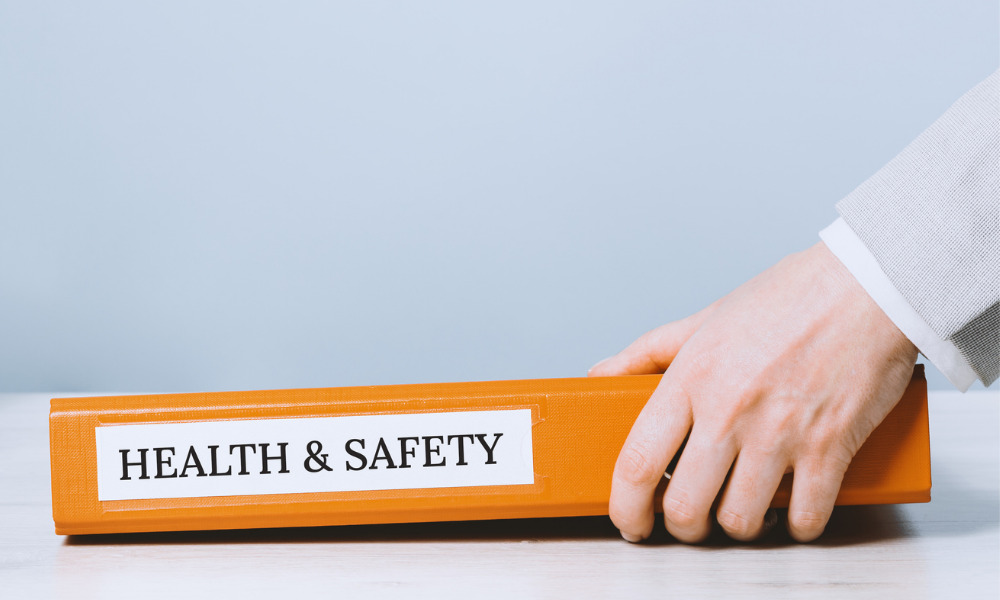
'More work still needs to be done,’ says ACTU

The right to a healthy and safe workplace has recently been declared a new fundamental right, and the decision has been met with positive reactions from workers worldwide.
At this year’s International Labour Conference in Geneva, the right was officially enshrined into the International Labour Organisation’s (ILO) framework, together with the right of freedom of association, collective bargaining, the elimination of forced labour, among other safeguards.
At the conference, Australian Council of Trade Unions (ACTU) president Michele O’Neil’s commented that the ILO’s declaration was “an incredible achievement” but said “more work needed to be done” in the areas of occupational safety and health.
In listing the remaining priorities, O’Neil said that psychological safety and the end of gender-based violence and sexual harassment should be tackled as much as physical injuries, remarking that there needs to be a “shift in focus.”
“Health and safety at work goes beyond physical injuries and incl risks to workers’ psychological health. Work-related mental health conditions are the fastest-growing injury type in Australia. Our work must include eliminating psychological risk factors including high workloads, poor work support as well gendered violence and harassment if we want to continue making work safe and healthy,” O’Neil said in her speech at the conference, according to an ACTU media release.
“Australia knows only too well the devastating impact of unsafe work practices. Every year in Australia, over 5,000 workers are killed at work or die from diseases caused by their work,” she said.
“The adoption of a healthy and safe workplace as a fundamental right at work means we are finally taking seriously the responsibility to prevent tragedies like Rana Plaza – where over 1100 garment workers in Bangladesh, mostly women and girls, lost their lives,” O’Neil added.
O’Neil also exposed the numbers of Australia’s asbestos-related diseases. “Australia has been one of the world’s highest per capita consumers of asbestos for most of the last century, and we continue to suffer from increasing rates of asbestos-related disease,” she said.
She called on employers and businesses to protect workers from the said occupational hazards. “[It is] responsible for more 200,000 deaths globally and recognised as causing over half of all occupational cancers, we must ensure that workers are not exposed to this life-threatening substance,” she said.
“More work is required: we are still seeing millions of workers die from work-related trauma or disease in the Asia-Pacific region every year. Our work isn’t done until every worker comes home safe,” she added.